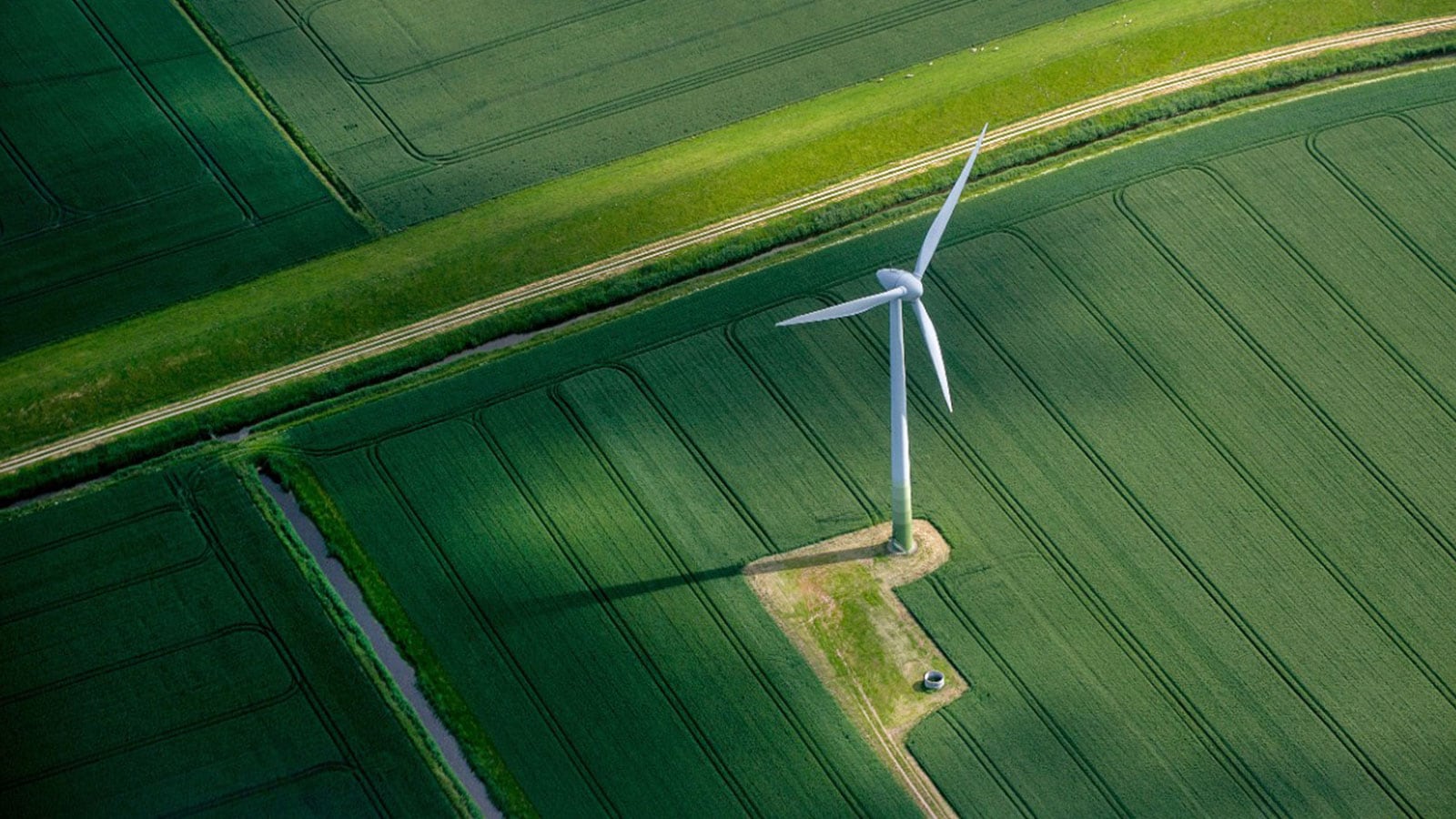Global progress slowed
Global progress slowed, making the challenge of meeting our climate targets that much harder
The latest data from the PwC’s Net Zero Economy Index 2024 reveals a concerning trend: the global decarbonisation rate in 2023 was only 1.02%, falling short of the annual average decrease of 1.43% achieved between 2000 and 2023.
The findings suggest that the decarbonisation rate now required to keep global warming within 1.5°C by the end of the century has surged to just over 20% per year, – up from 17% in 20231. A significant driver behind this increase is the rise in energy use, driven by factors such as the energy intensive AI industry and heightened demand for heating and cooling to combat extreme temperatures, amongst other factors.

South Africa made strides, but results continue to move in the opposite direction
From a South African perspective, we saw an increase in our carbon intensity2 by just under 3% and an increase in our fuel factor3 by just under 4% from 2022 to 2023. This indicates that our efforts to reduce emissions still has some way to go.
While this is contrary to expectations, given the levels of load shedding and record numbers of solar PV installed in 2023, it is important to recognise that beyond electricity generation the fuel factor figures we looked at include the energy used to drive our cars and trucks, diesel to keep generators on during loadshedding, as well as wood, coal and paraffin for heating and cooking in homes.
As Figure 1 shows, although we saw a year-on-year decrease in coal use (-2%) and increases in renewable energy from wind (+19%) and solar (+2.9%), these weren’t enough to push us in the right direction. This is because the increase in renewables is from relatively small bases, and the impact of increase oil (+2%) and gas (+11%) use, likely due to switching on generators and peaking power plants during load shedding, counteracted some of the decrease in coal use.

Figure 1. Year on Year comparison of percentage make up of energy use in South Africa
But, as Figure 2 below shows, the good news is that we are still below our pre-Covid levels in terms of carbon intensity and fuel factor. However, this small silver lining shouldn’t make us complacent, as South Africa remains the largest polluter on the African continent and is one of the countries most at risk to the impacts of a changing climate.

Figure 2. Historic view of South Africa's Carbon Intensity and Fuel Factor
We are a resilient nation, but we are not yet climate resilient
The effects of climate change are increasing the cost of living, threatening food and water security, and affecting livelihoods. Vulnerable populations, including those living in informal settlements4, feel these impacts more acutely. The flooding event in KwaZulu-Natal in 2022 exemplifies the severe impact of changing climate can have on our society and those most vulnerable members. This highlights that our response to climate change should be driven by its fundamental nature as social and economic challenge, influenced by external environmental factors.
Due to the increased impacts of climate change, South Africa faces the possibility of a further breakdown in social cohesion, exacerbated by these rising risks, which will likely continue the downward trend experienced in previous years, in the short to medium -term5. This raises the operational and security risks for businesses in both the public and private sectors.
While we need to intensify our existing strategies to decarbonise our economy, businesses and households to reduce our contribution to these risks, we need to build resilience within society and our economy to mitigate these further breakdowns. This requires nature-smart solutions that are economically inclusive, protect livelihoods, drive better business decisions and align with our need to decarbonise.

Where there is risk, there is reward
While climate-related risks are a key driver for action, the size of the opportunities should also motivate us. A study by the Global Centre for Adaptation (GCA) found that for every $1 invested in climate adaptation solutions, the return- on- investment ranges from 2 to 10 times the amount invested, demonstrating that it pays to invest in these solutions6.
This is supported by another study from the World Economic Forum (WEF), which valued the potential adaptation- related opportunities for the private sector at $2 trillion per year by 2026, with the Global South likely to benefit the most7. An example of a company already benefiting from this is SunFunder, a private debt management company based in Nairobi, Kenya. They finance cleantech companies in Africa and Asia, promoting climate adaptation by delivering “improved food security, water efficiency, economic productivity” and agricultural resilience. SunFunder has invested $200 million in 58 companies and saw an acquisition by Mirova, a Paris-based firm with $26.7 billion in assets under management, as well as a new $500 million fund.
A big driver behind these opportunities is the need for new technical solutions, which brings with it the need for new skills. The WEF’s Future of Jobs Study find that the supply of skills in this area is not keeping up with the required demand, with demand for these skills having risen by 40% since 20158. In a country like South Africa, which has a record high unemployment rate of 33.5%9, and is facing the threat of increased climate related impact, a two-pronged solution of developing the skills needed to build climate resilience within the country could unlock a new economy of jobs while building increased resilience to future climate shocks.

We need to act
As a collective, we need to embrace the new business as usual, as soon as possible, and find a way to win within these changing and challenging conditions. Let us remember and use the learnings from what we as a global society achieved in 2020 in our collective response to the COVID-19 crisis, and actively partner and innovate to gain momentum in the right direction. There is not another option, and we cannot afford to wait.
Net Zero Economy Index 2024
Explore the full report here
Contact us

Lullu Krugel
Chief Economist and Africa Sustainability Leader, PwC South Africa
Tel: +27 (0) 82 708 2330

Senior Manager | Sustainability and Climate Change, Strategy&, PwC South Africa
Tel: +27 (0) 78 326 0627

Chantal van der Watt
Associate Director | Sustainability and Climate Change, PwC South Africa
Tel: +27 (0) 11 797 5541

















